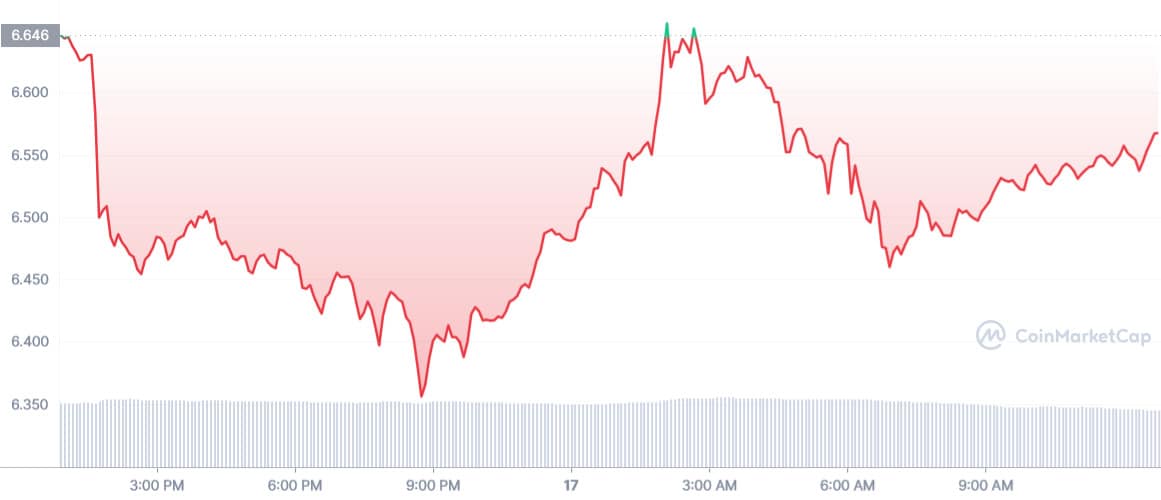
European finance ministers have called for the digital euro to offer both privacy and transparency, as central bankers begin tests of the project this year.
The digital Euro is being spearheaded by the European Central Bank (ECB), with the idea first launched in October 2020 and a more formal “investigation” into the project rolled out in 2021.
The Eurogroup, which comprises finance ministers of countries within the European Union using the common currency, has since held regular discussions on the topic.
In a statement following their latest meeting, Eurogroup members laid out priorities for the Central Bank Digital Currency (CBDC), should the ECB decide to press ahead with it. The actual issuance of a digital euro would depend on the outcome of EU legislation.
The members indicated how such a CBDC could strengthen the Bloc’s autonomy, as well as provide citizens and businesses a host of advantages.
Importantly, the European Central Bank would continue to serve as “an anchor for our monetary system,” the statement read.
Digital euro: Balancing privacy
Still, much is yet to be decided about what the digital euro would look like. The Eurogroup’s latest statement underscored a key tension between user privacy and anti-crime measures.
“To succeed, the digital euro should ensure and maintain users’ trust, for which privacy is a key dimension and a fundamental right,” the statement said.
“At the same time, the Eurogroup also considered that the design of a digital euro should comply with other policy objectives such as preventing money laundering, illicit financing, tax evasion, and ensuring sanctions compliance.”
The group suggested that one solution would be to allow those performing “less risky transactions” more privacy.
Other issues raised during the most recent discussions included the potential environmental impact of a digital euro, as well as the belief that it should not replace cash but complement it.
The group also gave a glimpse of what features the digital euro might have to make it competitive with traditional online banking, saying it supported exploring an offline function and programming payments to be fulfilled when certain conditions are met.
What happens next?
The European Commission intends to table a proposal in the first half of this year that will establish the digital euro and regulate its main features.
Meanwhile, the European Central Bank is in the process of running a prototyping exercise for the digital euro. Five companies—CaixaBank, Worldline, EPI, Nexi, and Amazon—were selected to take part in the exercise, with each one focusing on a specific use case for the CBDC.
The ECB’s investigation phase is set to conclude in the autumn, and a decision will then be made on whether to go ahead with making the project a reality.
At the same time, the ECB has put out a call for industry players to take part in market research, with responses due in mid-February.
Stay on top of crypto news, get daily updates in your inbox.
Sourced from decrypt.co.
Written by Alys Key on 2023-01-17 09:47:32.









